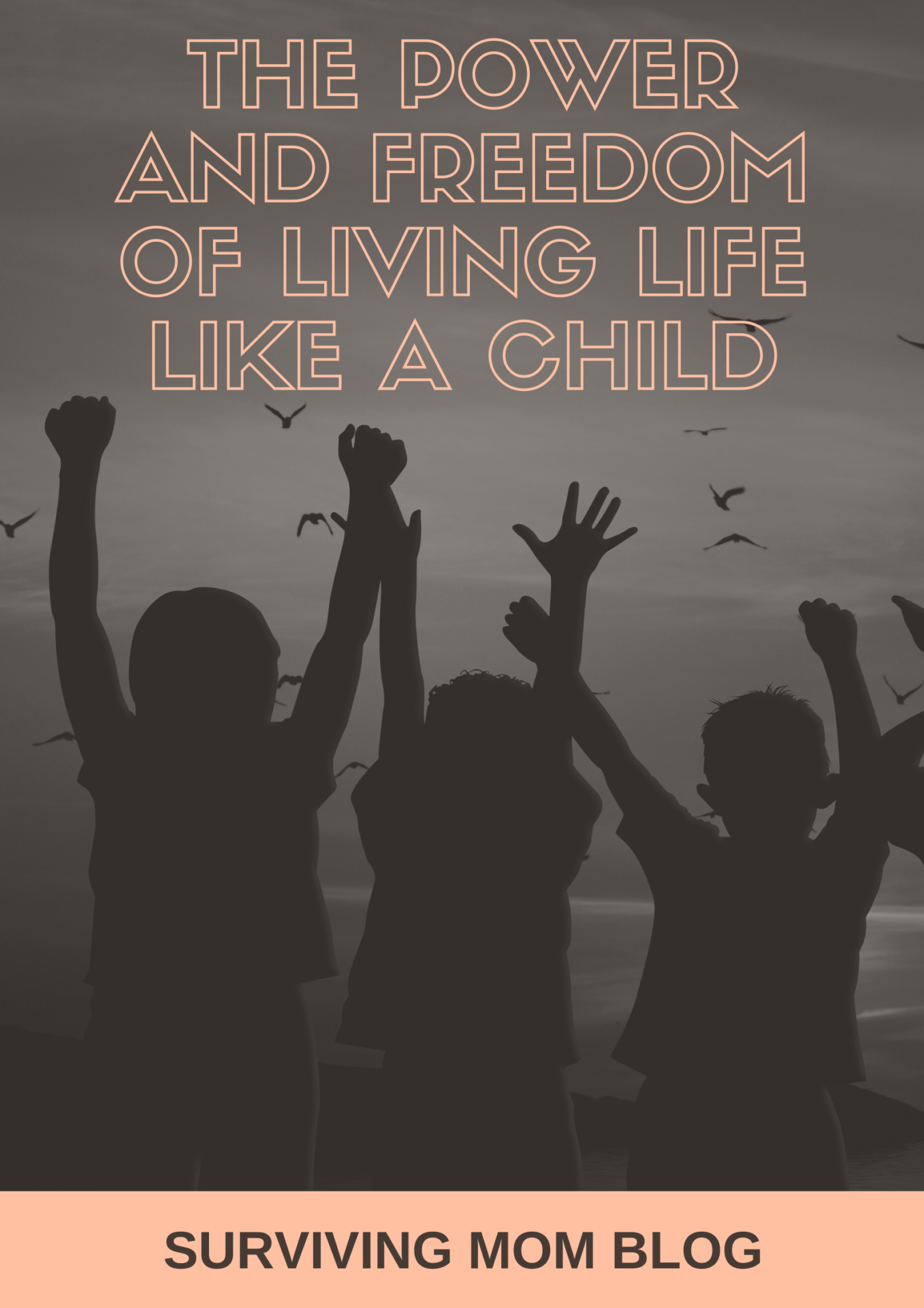
Being a parent has been an eye opener for me in so many ways. I have had the privilege of watching my daughter grow. It is amazing to see how my child views the world. Whether you are a parent or not, I believe we should all try to use a child’s lens more when living our lives. This article illustrates the power and freedom of living life like a child.
WHAT IT MEANS TO LIVE LIFE LIKE A CHILD
(1) Kids don’t judge
They look at everything with an open mind and heart. They do not have any preconceived notions or opinions. As adults, life has jaded us in many ways. It is understandable that our prior experiences have shaped our views. However, if we try to not judge a book from its cover, perhaps we can embrace new experiences and people rather than judge them.
(2) Kids are curious
Kids want to learn and understand everything around them. They ask questions because of a genuine interest in everything. Although trying at times, it is wonderous to see how much they want to learn. As adults, we often assume we have all the answers or don’t have the time or energy to seek out information. What if we took the time to discover why the sky is blue? There is so much each of us don’t know and imagine how much there is to discover.
(3) Kids have endless enthusiasm
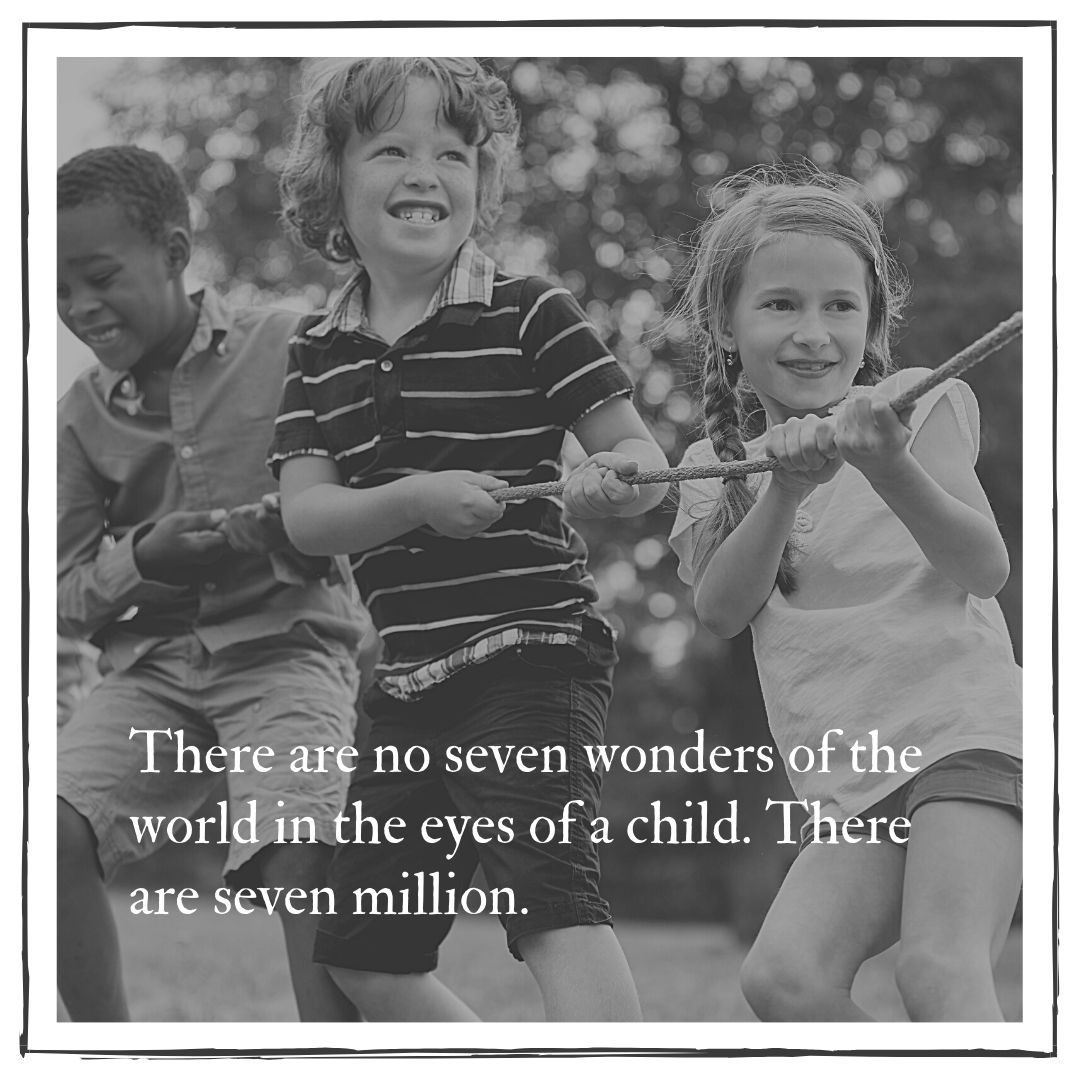
I laugh as I write this one, because this is something that every teacher has said about Brielle. My daughter is excited about the simplest of things. A balloon! A box! Having a playdate (since COVID I think anyone would be excited about socializing, but I am referring to once upon a time when we could socialize without fear of a deadly virus)! Living life like a child means being excited about all that life has to offer. The little and simple stuff in life is not so little and simple to a child. I think we all could learn a thing or two about that.
(4) They are innocent and without prejudice
Innocence is a difficult subject for me. Some children have no choice but to lose their innocence at a young age for reasons beyond their control. I grew up in a toxic environment, and therefore didn’t get to stay innocent for very long. I am referring to children that grow up in loving, stable, healthy environments. Living life like a child means hatred and prejudice simply don’t exist to them.
I remember the first time my daughter saw a man in a wheelchair. She asked me what it was and why he was using it. The man saw her looking at him and asking. My first thought was that her questions were making him uncomfortable. It took me a few seconds to realize that wasn’t true. I was the one who was uncomfortable.
I realized that if I shied away from her questions or told her not to ask them, it was sending her a message that others that are different than us are to be avoided. Worse, it could portray that differences are something to be disliked or feared.
I learned that people are happy to answer your questions if they are coming from a place of innocence. Brielle learned that some people aren’t able to use their legs the way that we do. She has since asked and learned about hearing aids, skin tags, Tourette’s Syndrome, muscular sclerosis, and autism.
I recall the first time my daughter met a person of color. She was very young and a man came to our house to do some construction. She said hello and immediately asked him why he was dark. He got down to her level, smiled at her, and told her that not everyone has the same skin color. He then told her that all those differences are what makes the world special. My daughter, wide eyed, nodded and took in every word. She then gave him a hug. I have never forgotten that moment.
My initial embarrassment that she asked that question turned into gratefulness. I was grateful that her innocence allowed her to learn something that I wish everyone knew and understood. I once again realized that my discomfort could have prevented her from such a profound experience. The prevention of asking and understanding differences is what brews ignorance, and ignorance is what breeds hate. Living life like a child means embracing differences and not avoiding them.
(5) Kids find humor and joy everywhere
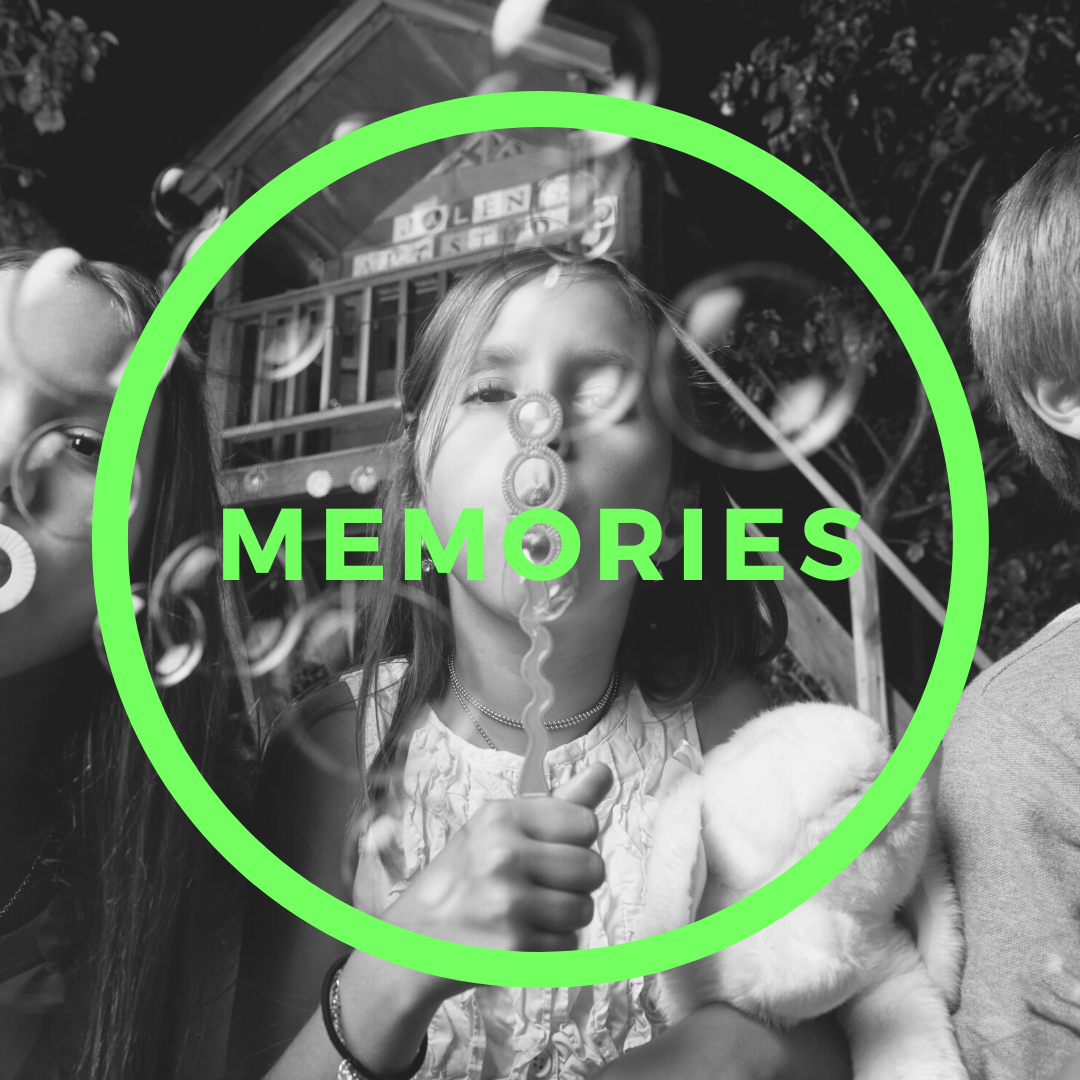
Living life like a child means laughing all the time. My daughter finds humor in pretty much everything. Her laugh is contagious, and I find myself laughing. There isn’t a day that goes by where she doesn’t burst into giggles or hysterical laughter. She finds joy and humor in the simplest of things.
My silly faces make her laugh, a chapter from a book makes her laugh, pumping her legs on the swings makes her laugh, and rolling down a hill makes her laugh. She sometimes laughs at her laughs. It isn’t a teasing laughter; rather, it is a laughter that comes from the heart. What a wonderful world this would be if adults laughed more at ourselves and found more humor and joy in life.
(6) Kids don’t care what others think
I am often self-conscious. On the contrary, Brielle laughs, shouts, giggles, dances, sings, and is herself without constraints. She lives her life like nobody is watching, and more importantly, she wouldn’t care if they were. Some kids are shyer than others. However, living life like a child means that when they are doing something, they aren’t worrying about what other people think. Imagine how much more enjoyable life would be if we all lived like that.
(7) Kids love to play
Adults are consumed with responsibilities. Kids, however, play. They focus on having fun and enjoying themselves. Living life like a child means connecting with others and learning through contentment.
Understandably, kids are able to enjoy themselves more because of their lack of obligations. However, kids don’t feel guilty for doing things that make them happy. They don’t feel selfish because they take the time to do things that bring them joy. Adults (myself included) should take a page from the kid handbook and incorporate hobbies and other forms of self-care into our lives without guilt.
(8) Kids feel their feelings without reservations
When a kid is happy, it is obvious. Likewise, when a child is feeling frustrated, mad, or sad, their emotions come pouring out of them. Meltdowns and temper tantrums are common among young children because of their frustrations at being unable to properly communicate or express their emotions. Children want to share how they are feeling.
Adults, however, feel the need to often hold back our feelings. Many of us were taught at a young age that it is important to “be strong” or “not cry like a baby.” Those words shaped our perceptions and in turn, many of us grew up burying our feelings. Living life like a kid means that it is okay to not be okay. Kids will freely express their emotions without reservation. It is only when adults try to constrict those emotions that kids do otherwise.
I am certainly not saying that parents shouldn’t try to calm a child down when they are having a temper tantrum. However, if we take the time to understand why a kid is behaving a certain way or struggling, it will help them to be better equipped to deal with those emotions. Most importantly, teaching them healthy coping mechanisms to handle their feelings rather than sweep them under a rug encourages kids to continue to embrace their feelings.
Kids are authentic with their feelings and emotions. We should try to live life like a child and allow ourselves to feel more and restrict ourselves less. Life would be more authentic, genuine, and real if we all freely expressed ourselves.
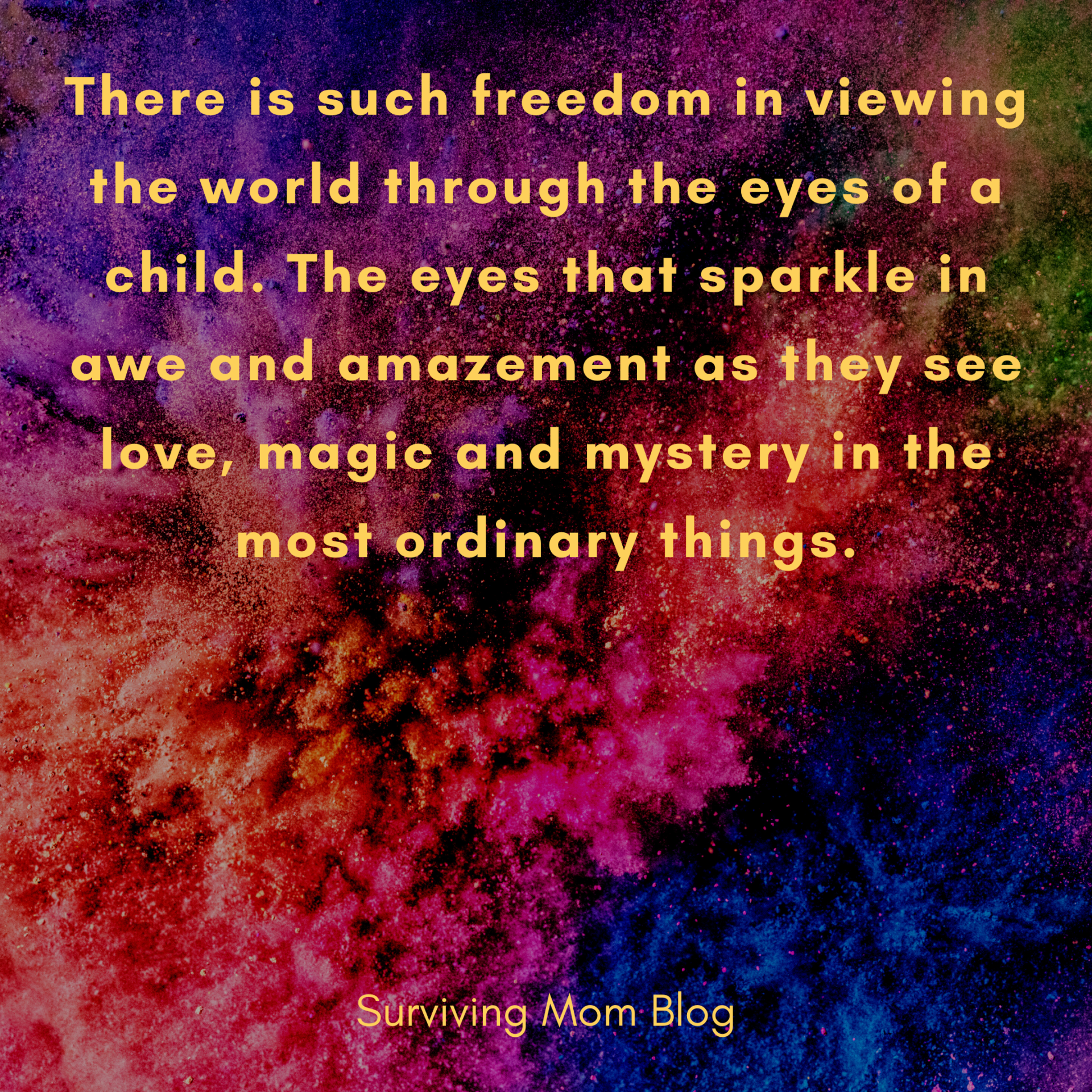
Kids are an example of all the things we once embodied. Their innocence, curiosity, excitement, and pleasure in the simplest of things are a reminder of how much beauty there is in this world. If each of us made a vow to try to live life like a child, we would be opening ourselves up to a world of possibilities.
There is a lot of pain and cruelty in this world, and I am not suggesting that all bells can be unrung. However, there are things right in front of us that can bring us joy, if we allow ourselves to see it. We are no longer children, but we can try to view life through a different perspective.
Lay in the grass or jump in a puddle (it really is fun!). Sing your favorite song on top of your lungs. Learn something new. Take a moment to appreciate something simple, but that brings you joy. Try to be open to something without judging it first. Living life like a child will make us better adults and better people.
Disclaimer
This post may contain affiliate links. If you purchase a product via my link I may receive a small commission at no additional cost to you. Please visit our disclaimers here
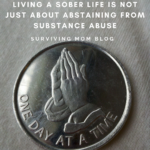
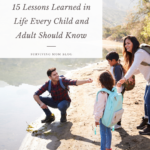


Naomi P Lane says:
This is so true and I try to live my life in a more childlike manner, but it’s a constant challenge to shut ooff the “adulting” voice in my head. I managed to sit on a log in the forest yesterday and just allow my senses to enjoy the moment, smelling the trees and listening to the birds and the river. Walking barefoot or lying in the grass are other great ways to get back in touch with your inner child. If you have kids, then joining in their play is probably the easiest way to achieve this feeling. To immerse yourself and forget about paying your bills for a few minutes is wonderful.
Randi says:
Imagining you relaxing on a log in the forest with the birds and river put a smile on my face. Thank you for sharing that, and I’m so glad you had that opportunity! I concur that it is a challenge to combat the “adult” voice telling us about all we need to do, but even a few minutes a day of living like a child is so great for our well-being! Playing with my daughter is a great way to feel that way, as it helps me to savor the moment more. Thanks for your feedback!